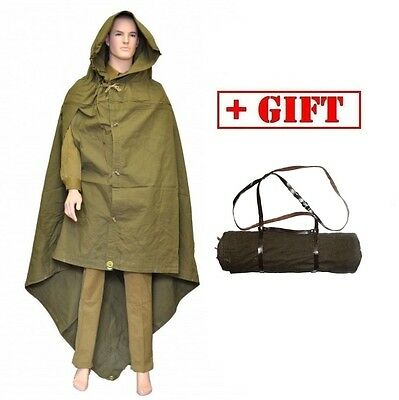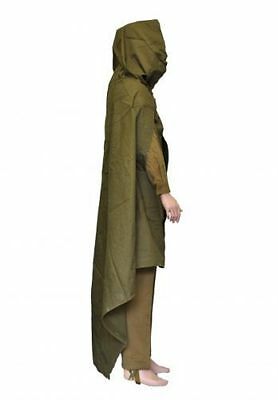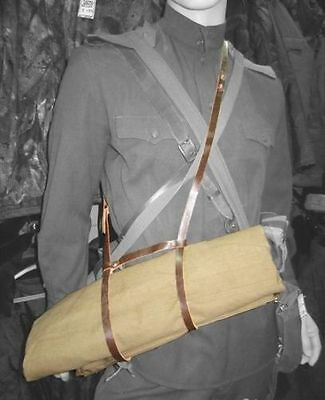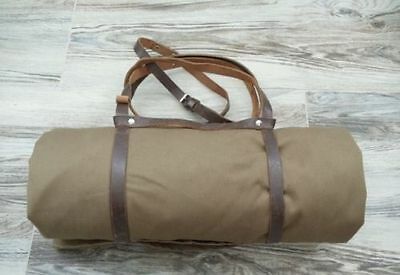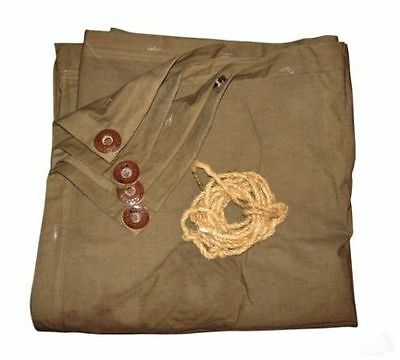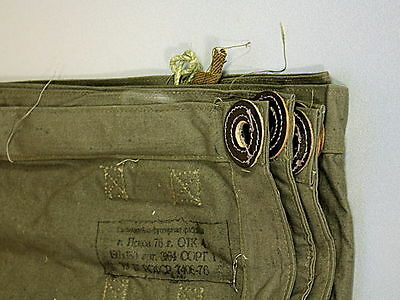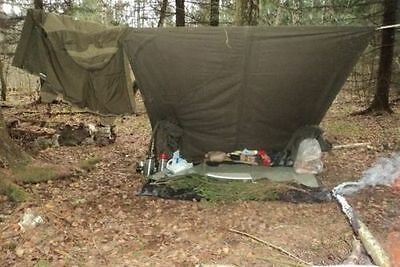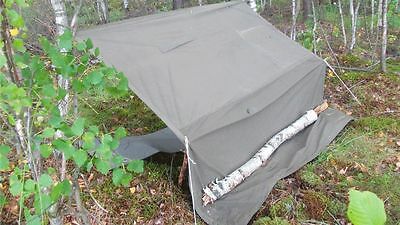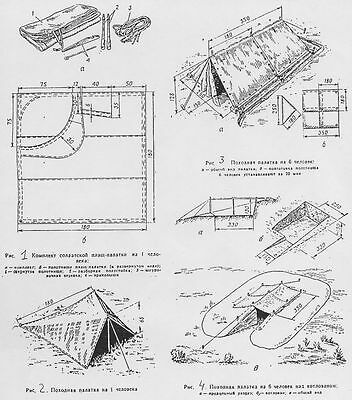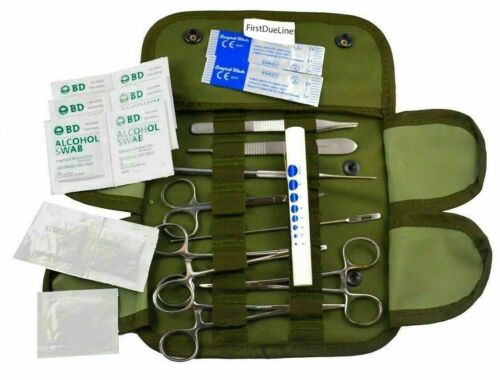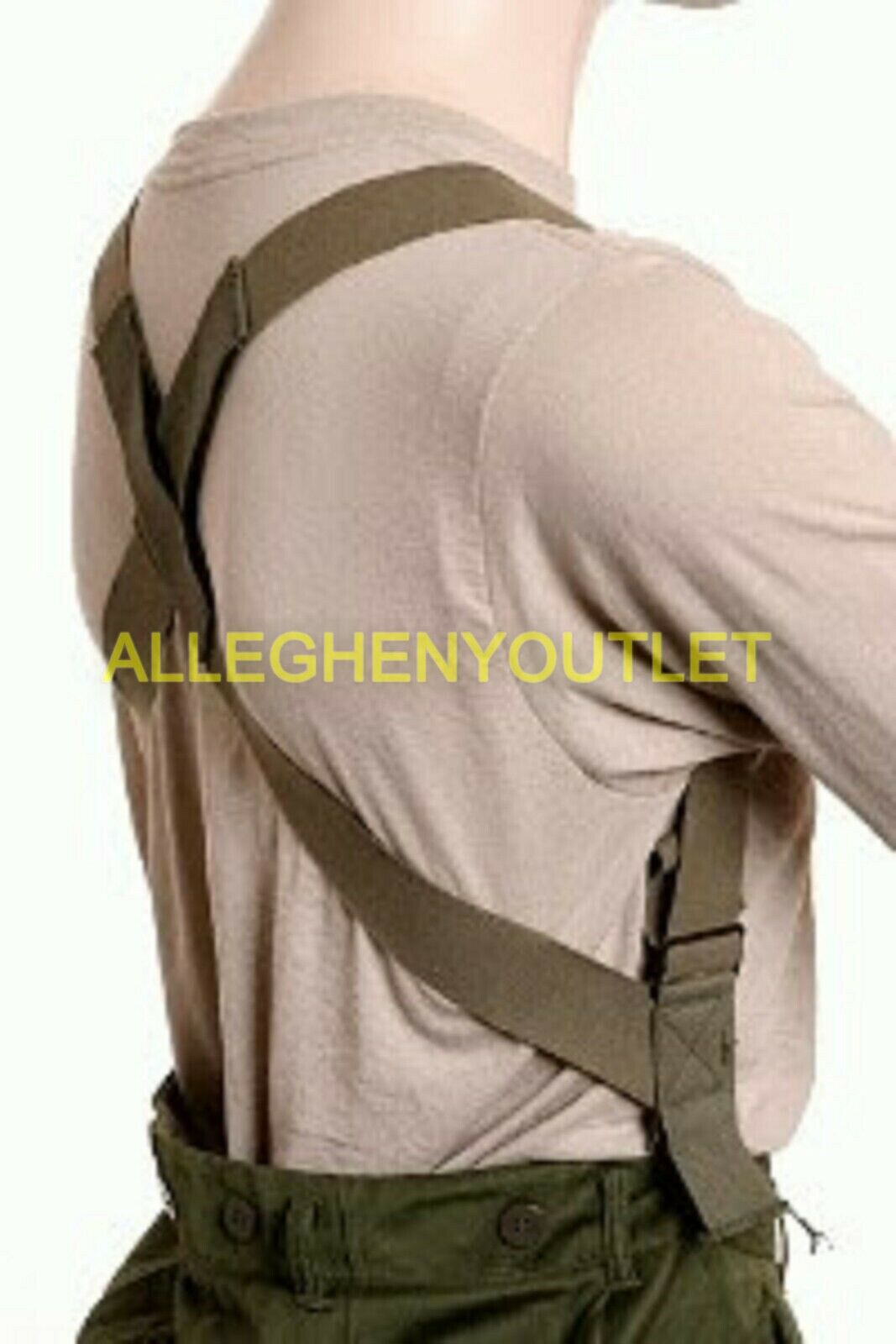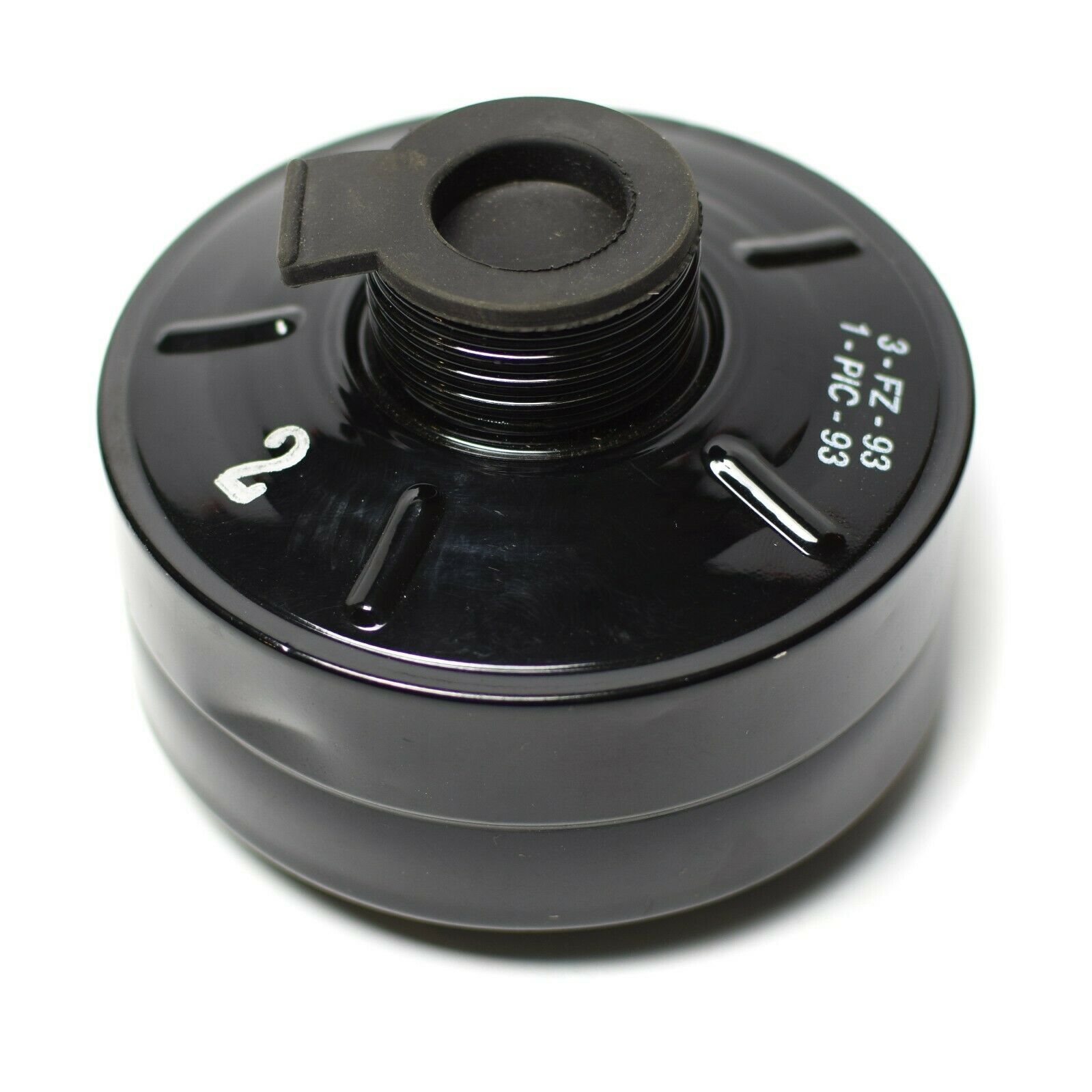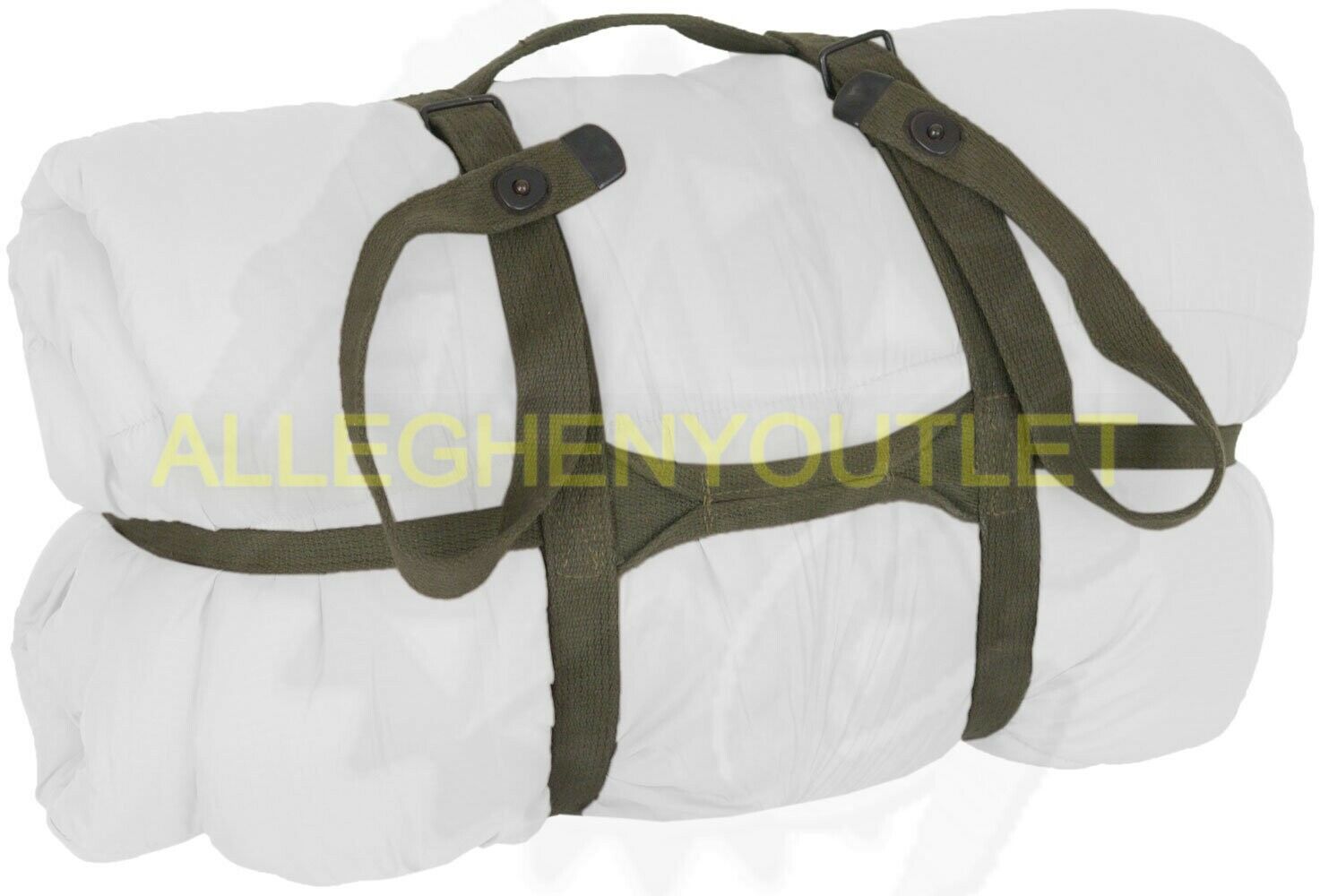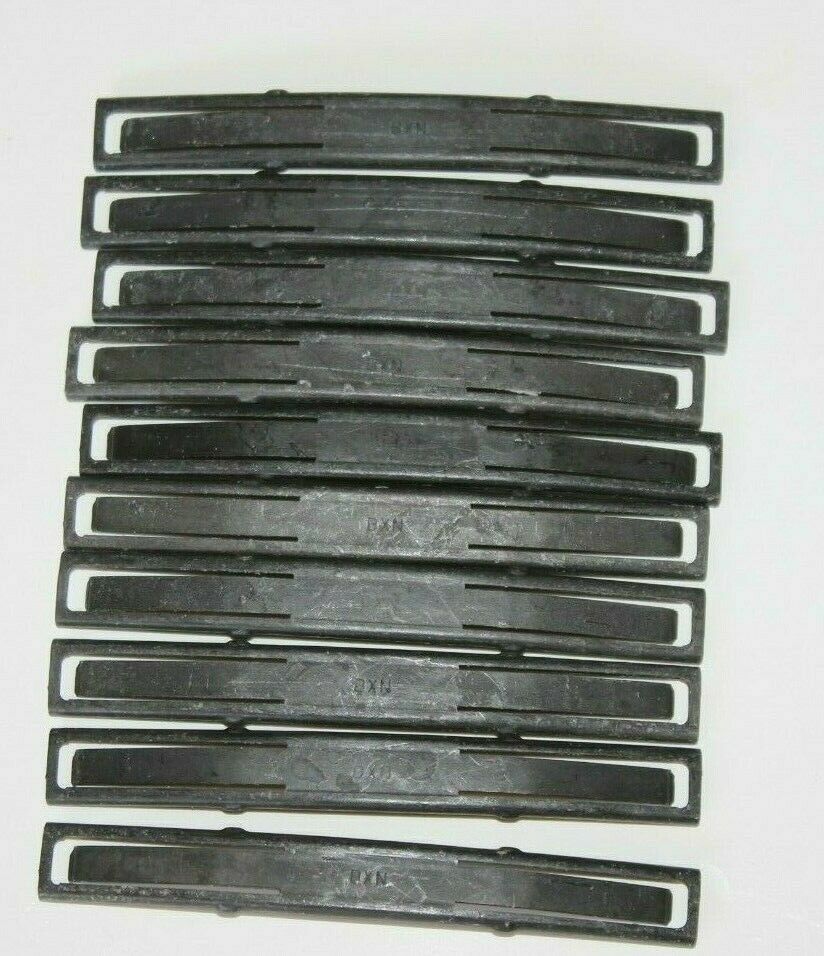-40%
Cloak tent russian soviet ussr army soldier military poncho hooded raincoat+belt
$ 26.4
- Description
- Size Guide
Description
Genuine Cloak - tent Russian USSR Army Soviet soldiers MILITARY PONCHO HOODED RAIN COAT+
GIFT
Genuine USSR soldiers supporting leather belt
Weight about
1,3-1,4 kg
2,9-3,1 lbs
Size 1,8 x 1,8 metrs
History
The ancestor of the raincoat-tents can be considered the raincoat-epanchi, which were used in the Russian army since the time of Peter I the Great. Epanchi with a collar-hood appeared in 1761. Raincoat tents began to be actively used as part of military equipment in the second half of the XIX century. In Russia, the standard equipment of officers was a waterproof raincoat-cape entered in 1894. In the Soviet period of Russia, the supply of command and enlisted personnel (fighters) of rifle units of the Red Army was introduced in 1936.
The cloth of the raincoat tent is 180 × 180 centimeters in size.
When used skilfully by military personnel, it was a convenient object that protected the commander and the Red Army soldier from the weather, and was also used for camouflage, carrying the wounded; a raincoat-tent stuffed with straw or hay, made it possible to overcome water obstacles. For protection from the weather, the soldiers used them as capes. When located on the ground, several raincoat-tent panels were used to build tents for the personnel of half of the rifle squad, and raincoat-tent panels were also used to arrange awnings, canopies, shelter huts, open trenches, and cover the entrances to dugouts and huts. In addition, the cloth of the raincoat tents served as bedding and blankets.
Raincoat-tent
The device of a raincoat tent.
The raincoat-tent in the Armed Forces of the USSR (also in the countries of the ATS) and Russia is a canvas cloth measuring 180 × 180 centimeters, leather grommets are sewn in the corners, designed for stretching the raincoat-tent on stakes or on rope extensions (in the forest, under trees). On two sides of the canvas panel there are wooden buttons ("pegs"), on the other two — swept loops. Thus, several raincoat tents can be combined into one large canvas [7].
On the shoulders of the serviceman, the raincoat-tent is held by means of a knotted braid, movably sewn into the upper corner. Also, in the upper corner of the raincoat-tent, a second movable braid is sewn, designed to form a hood and fix it around the face. So that the lower corner of the raincoat tent does not drag on the ground and does not interfere with walking, it is fastened by means of a grommet to a wooden "peg"located almost in the center of the panel.
For the release of one hand in the cloth of the raincoat-tent there is one slot, fastened from the inside on a wooden "stump". The other hand is released outwards between the floors of the raincoat tent. The tent coat worn on the shoulders can also be buttoned up.
The cloth soldier's cloak-tent has:
-the shoulder strap the second layer of fabric sewn to increase the water resistance on the shoulders.
two usteriki for the formation of the cloth coat hooded Cape. The lower (shoulder) undergo shrinks braid, and the top (hood) lanyard.
Braid on one underice and cord on the other set so that usteriki you can easily distinguish one from the other to touch hands while wearing a soldier's cloak-tent in the dark.
-the slot for the right hand with the buckle on the brakes.
— the brakes on the starboard side for the clasp of soldier's cloak-tent in front.
-toggles for fastening the bottom corner.
-round holes at the corners for putting on the rack.
-loops on all sides for sokolovci panels when camping.
Cloak-tent manual
Fit for growth. For people of average height no fit capes on growth is not required. For people below the average and large growth,
you must change the length of capes on the back. To do this move below or above the available toggles,
to fasten the bottom corner of the cloth, or sew a second brake above or below the first.
For servicemen tall to lengthen the Cape a Cape in the back is still possible with the help of anchored to the bottom right corner hinges out of braid.
The cloth soldier's cloak-tent, besides its main function can be used:
-for the construction of panels of the tent optimally from 6 pieces.
-Masking through the various tents, paloalto, awnings, screens, ceilings, trenches or hiding behind the cloth.
-For carrying the wounded, when no other drugs. To do this, folding the cloth double and placing it on the wounded,
are taken for the corners of the cloth two or four. When carrying a wounded one man of the cloth wrapped around the wounded as
it is more convenient to carry or drag dragged.
-for cover in the form of blankets or mats on the bed and the rest in dry weather, when the tents are placed.
We sold things Soviet army - new, never used, stored in the warehouses of the
Russian Army, but may have minor scratches due to storage.
The price includes one cloak-tent.
All our parcels have tracking number and are sent to you by the International Air Mail.
